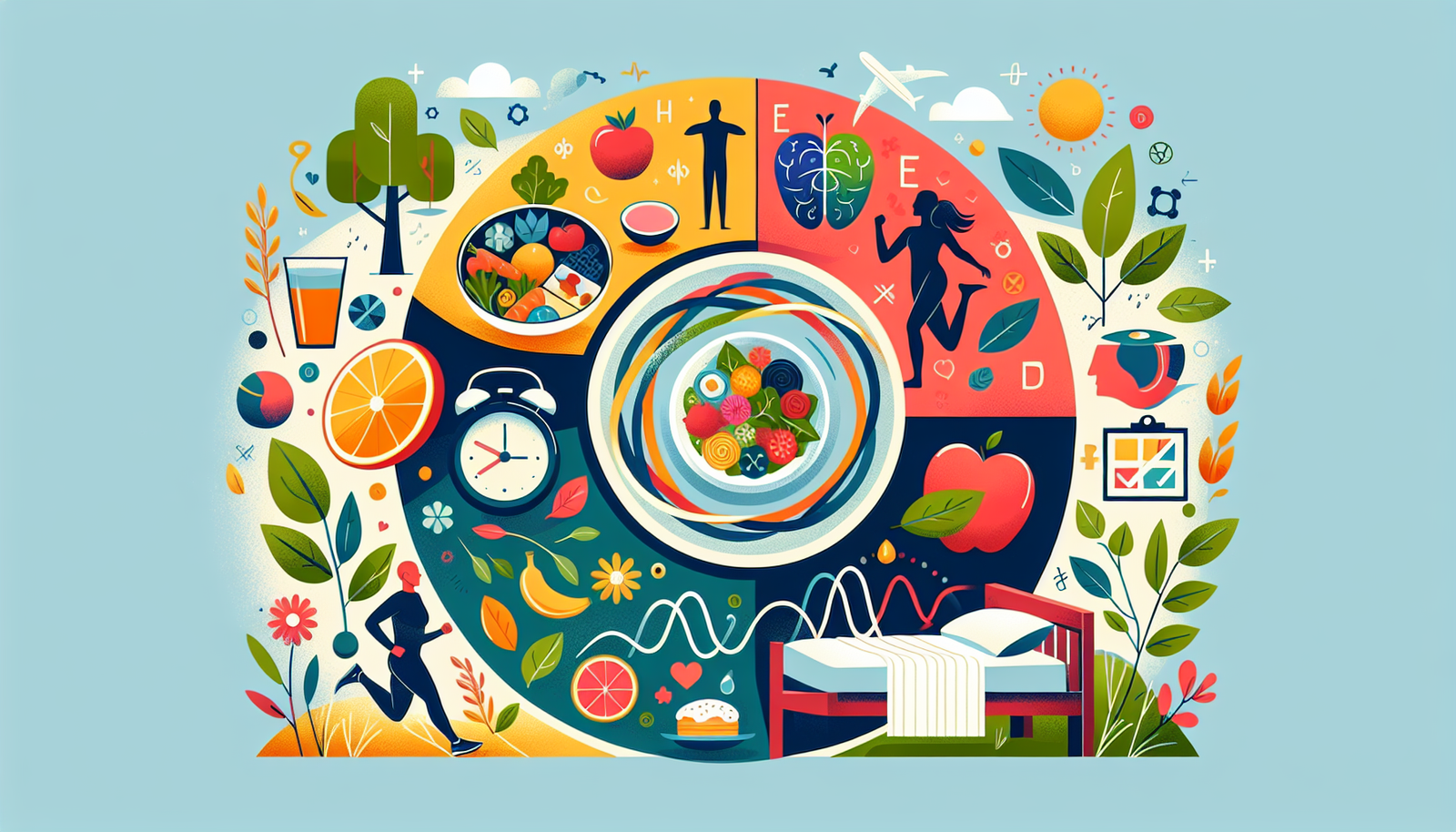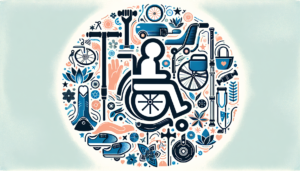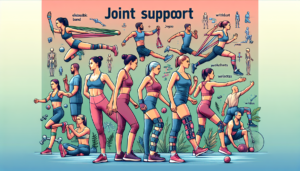Are You Getting Enough Daily Vitamins? Signs You Might Need More
Understanding Daily Vitamins: The Role They Play in Your Health
Vitamins are essential organic compounds that our bodies require in small quantities to function properly. They play vital roles in processes such as energy production, immune function, and cell repair. While many of us strive for a balanced diet, there are instances where our vitamin intake may fall short. Recognizing the signs of vitamin deficiency is crucial for maintaining optimal health.
The Importance of Vitamins in Your Diet
Vitamins are divided into two categories: water-soluble and fat-soluble.
-
Water-Soluble Vitamins: These include Vitamin C and the B vitamins (such as B1, B2, B3, B6, B12, and folate). They dissolve in water and are not stored in the body; thus, they need to be consumed regularly.
- Fat-Soluble Vitamins: These include Vitamins A, D, E, and K. They are stored in the body’s fatty tissues and liver, which means they don’t need to be consumed every day.
Signs You Might Need More Daily Vitamins
Recognizing the signs that you might need more vitamins can prevent health complications. Here are specific symptoms associated with deficiencies in various vitamins:
1. Fatigue and Weakness
A common indicator of vitamin deficiency is general fatigue or weakness, especially if lifestyle factors such as sleep and stress are controlled. Possible vitamins involved include:
-
Vitamin B12: Essential for energy production and red blood cell formation. A deficiency may lead to anemia, with symptoms like fatigue, weakness, and pale skin.
- Iron: Although not a vitamin, its deficiency often correlates with low vitamin levels. Iron is crucial for hemoglobin production in red blood cells.
2. Mood Swings and Depression
Vitamins play a significant role in mental health. A deficiency can lead to various mood disorders.
-
Vitamin D: Often referred to as the “sunshine vitamin,” it can influence mood and has been linked to conditions such as depression. Low levels may result in feelings of sadness, fatigue, and apathy.
- B Vitamins: Folate (B9), B6, and B12 have been linked to brain health and mood regulation. Deficiencies can lead to irritability, depression, and mood swings.
3. Weak Immune System
If you frequently catch colds or infections, your body might be signaling that it needs more vitamins for a stronger immune response.
-
Vitamin C: Known for its immune-boosting properties, a deficiency can lead to increased susceptibility to infections.
- Vitamin D: This vitamin plays a crucial role in immune health. Low levels can lead to an increased risk of respiratory infections and autoimmune diseases.
4. Skin Issues
Your skin health can be a reflection of your internal nutrition.
-
Vitamin E: This antioxidant is vital for skin health. A deficiency may lead to dry skin, and in severe cases, an increased risk of skin disorders.
- Vitamin A: Important for skin and eye health, a lack of this vitamin can result in dry, flaky skin and reduced wound-healing ability.
5. Changes in Hair and Nails
Hair loss or brittle nails can indicate a lack of essential nutrients.
-
Biotin (Vitamin B7): Often marketed for hair and nail health, a deficiency may lead to thinning hair and brittle nails.
- Zinc: While not a vitamin, zinc is essential for hair and nail growth. Its deficiency can result in hair loss and poor nail health.
6. Vision Problems
Certain vitamins are crucial for maintaining good vision.
-
Vitamin A: A deficiency can lead to night blindness and more severe conditions affecting the cornea and retina.
- Vitamin C and E: Antioxidants that can help protect the eyes from damage and reduce the risk of cataracts.
7. Digestive Issues
Your digestive health may also indicate vitamin levels.
-
Vitamin B12: A deficiency can lead to problems such as constipation or diarrhea, as well as a swollen, inflamed tongue.
- Folate: Low levels may result in gastrointestinal symptoms such as poor appetite and changes in digestion.
How to Ensure You’re Getting Enough Vitamins
To maintain optimal vitamin levels, consider these dietary approaches:
-
Variety is Key: Consuming a wide variety of foods ensures an adequate intake of essential vitamins. Aim for colorful fruits and vegetables, whole grains, lean proteins, and healthy fats.
-
Mindful Eating: Pay attention to what you consume. Keeping a food diary can help identify gaps in essential nutrients.
-
Consider Supplements: If you suspect deficiencies due to dietary restrictions (e.g., veganism, vegetarianism), consult a healthcare provider about possible supplementation.
- Regular Check-Ups: Blood tests can determine your vitamin levels. Regular health check-ups with a physician can help monitor your overall health and prevent deficiencies.
Foods Rich in Essential Vitamins
Incorporating nutrient-dense foods into your diet can help bridge any gaps in your vitamin intake. Here’s a breakdown of excellent food sources for various vitamins:
-
Vitamin C: Citrus fruits (oranges, lemons), strawberries, green peppers, and broccoli.
-
Vitamin A: Carrots, sweet potatoes, spinach, and kale.
-
Vitamin D: Fatty fish (salmon, mackerel), fortified dairy products, and sunlight exposure.
-
B Vitamins: Whole grains, eggs, legumes, meat (especially liver), and dairy products.
- Vitamin E: Nuts (almonds, hazelnuts), seeds, and green leafy vegetables.
Conclusion: Staying Informed
Keeping track of your vitamin intake and recognizing the signs of deficiencies are essential steps towards maintaining a balanced diet and good health. You can significantly improve your well-being by staying informed and proactive regarding your nutrition. Always consult healthcare professionals before making significant dietary changes or starting new supplements to ensure you’re meeting your individual health needs.








